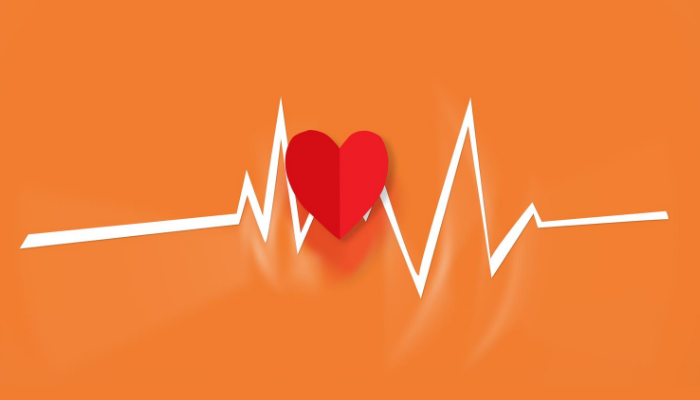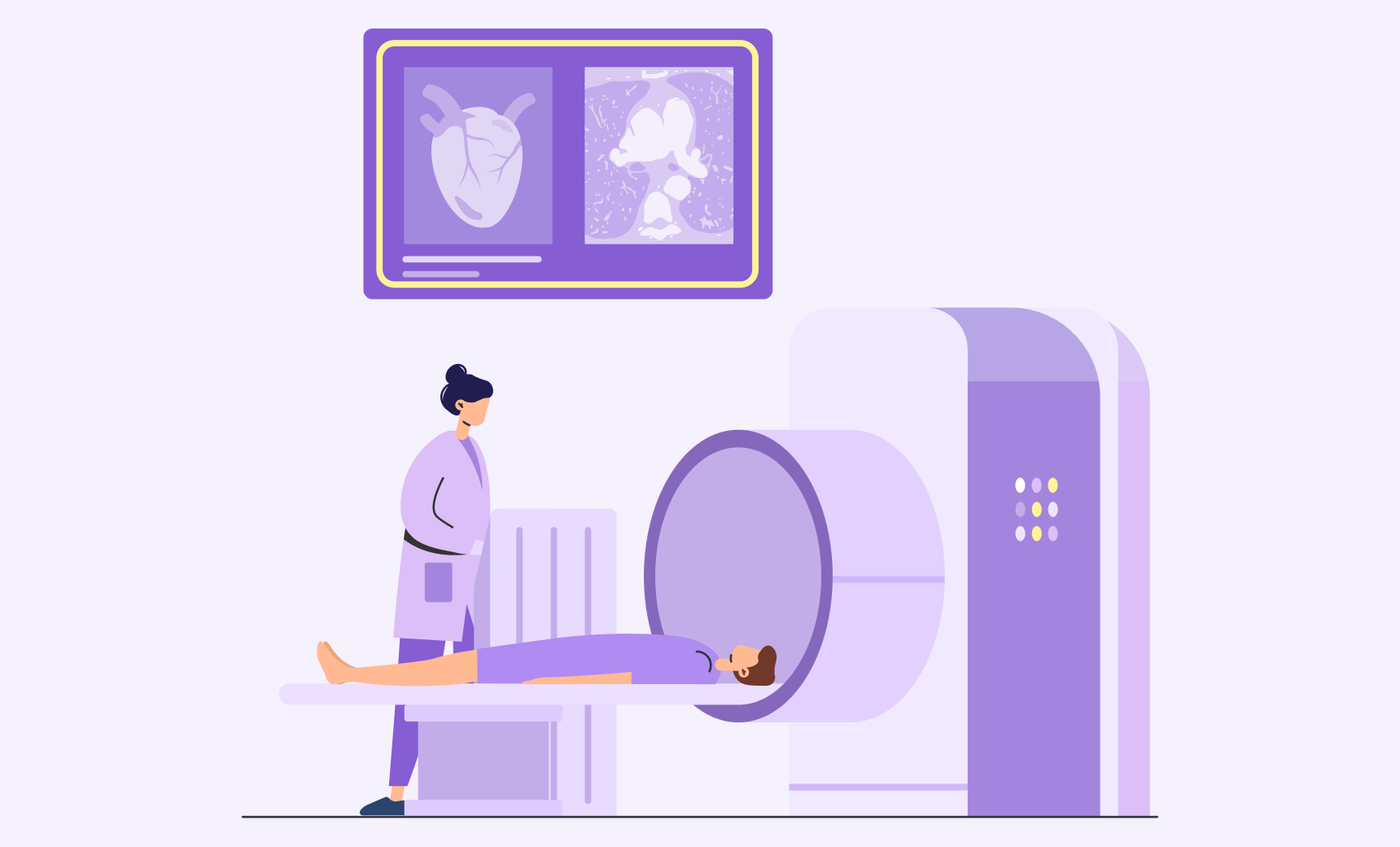
COVID And Your Heart
The novel coronavirus has impacted every aspect of our lives, and people today are more susceptible to fear and misinformation than ever before. However, on the bright side and our credit, healthcare professionals have learned so much about the virus and implemented plans of action more rapidly than ever before.
As we learn more about COVID-19, one aspect of the virus’s nature should not be overlooked and deserves some attention is how COVID-19 affects the heart. In this blog, we will examine the way COVID-19 affects the heart from a cardiovascular perspective.
Keep in mind that it is not merely the virus that causes injury to tissues and organs, but our body’s response to the presence of an utterly foreign organism that we have never developed an immunity. This hyper-immune response to COVID-19 is called a Cytokine Storm. It is this Cytokine Storm that causes the injury to vital organs.
COVID and Heart Rate
The virus can affect the heart in a myriad of ways. Cardiovascular injury includes:
- Direct myocardial injury from hemodynamic derangement or hypoxemia,
- Inflammatory myocarditis
- Stress cardiomyopathy
- Microvascular dysfunction, or thrombosis due to hypercoagulability.
- Systemic inflammation, or cytokine storm, may destabilize coronary artery plaques and cause an unstable arterial blockage.
- Cardiomyopathy
- Pericarditis
- Pericardial Effusion
- Arrhythmia
- Sudden Cardiac Death
According to Dr. Amnon Beniaminovitz of Manhattan Cardiology, he’s observed patients with COVID experienced persistent tachycardia syndrome (high heart rate compensated by low blood pressure) with fatigue, muscle aches, and pains. It is also worth noting that symptoms such as fever and inflammation can cause an increased heart rate and metabolic demand on the heart, as well as other organs. The stress on the body further compounds if the lungs are working extra hard to exchange oxygen adequately when infected with a virus.
However in a Wuhan study with 138 patients published in February 2020, showed that vital signs such as heart rate, respiratory rate, and mean arterial pressure did not differ between patients who received ICU care and patients who did not receive ICU care.
COVID and Blood Pressure
Hypertension by the American College of Cardiology (ACC) and American Heart Association (AHA) as systolic blood pressure (BP) ≥130 or diastolic BP ≥80 mm3. However, observations in the COVID hotspots such as Wuhan, Italy, and New York City that the hypertension figures in hospitalized patients were the same.
There has been evidence linking COVID with the Renin-Angiotensin-Aldosterone System. Doctors have debated keeping hypertensive patients on ACE- inhibitors to prevent infection with COVID. However, many cardiac societies, including; ACC, AHA, and ESC recommended that, in patients with COVID-19, not to start ACE inhibitors or ARB but to continue prior ACE inhibitors or ARB in otherwise healthy patients if there are no contraindications. Patients on these medications admitted with serious COVID infections should be handled on a case by case basis by their admitting physician and, or specialists.
The link between COVID and blood pressure is that the virus attaches itself to ACE receptors that are found in both lungs and kidneys. ACE receptors in the kidneys regulate blood pressure.
COVID and Heart Murmur
A heart murmur is a defective valve that is caused by many reasons such as; genetic malformations during embryonic development, increased calcium levels, elderly age, and bacterial, viral, and auto-immune infections. The one viral infection prominent in the medical literature to cause valvular heart disease is Rheumatic fever.
Those with any heart condition, including valvular disease, can be at risk for contracting COVID. It is unclear if COVID is a cause for valvular disease just yet.
COVID and Pericarditis
Pericarditis is the inflammation of the pericardium, a fibrous membrane that surrounds the heart. Pericarditis can be caused by viral illnesses such as Coxsackie B, Herpes, Mumps, and HIV. The relationship between COVID and pericarditis is that it is a late-stage complication of COVID-19 after the lungs recover from the illness.
Myocardial inflammation is a concern in COVID patients because recovery time has been slower than usual with increased risk of sudden death and ventricular arrhythmias in weakened hearts. Post mortem findings also suggest that viral replication occurs in the interstitial cells without evidence of myocarditis.
COVID and Testing
Getting tested for COVID is easier now than it was when the virus first broke out. Rapid testing with the sofia machine which has been granted approval by the FDA for Emergency Authorized Use, with a 98% sensitivity and same day results is available to schedule on LabFinder.com.
As well as other COVID tests such as; the nasal swab PCR with turnaround time of 3 days are also available on LabFinder.com
If you have any concerns regarding heart health LabFinder.com has an array of tests available to book such as; Coronary Calcium Scoring, EKG’s, Cardiac Ultrasounds, Cardiac MRI, Coronary CTA, and Nuclear Stress Tests.
With everything we know about COVID so far, the attention it brings to cardiac-related issues is concerning. A subject that humbly reminds us to remain cautious regarding the safety of ourselves and our loved ones.
They say that “knowledge is power.” The concept of this saying is rooted in the idea that people fear what they do not know. By obtaining specific knowledge, one can develop the ability to conquer the fear of the unknown. We aim to educate our patients the best we can so patients can make the most informed decisions regarding their healthcare and lives.
References:




Andy Alem
The LabFinder Editorial Team is behind The Illuminator and The Insider, LabFinder’s consumer and business blogs.
Dr.Robert Segal
Dr. Segal is CEO and co-founder of LabFinder, as well as a board-certified cardiologist. He began practicing medicine in 2002 and has founded several businesses, including Medical Offices of Manhattan and Manhattan Cardiology.